
20 Apr How to successfully manage urgent translation projects
Challenges of Regulated Industries
Here are some of the key challenges that regulated industries face
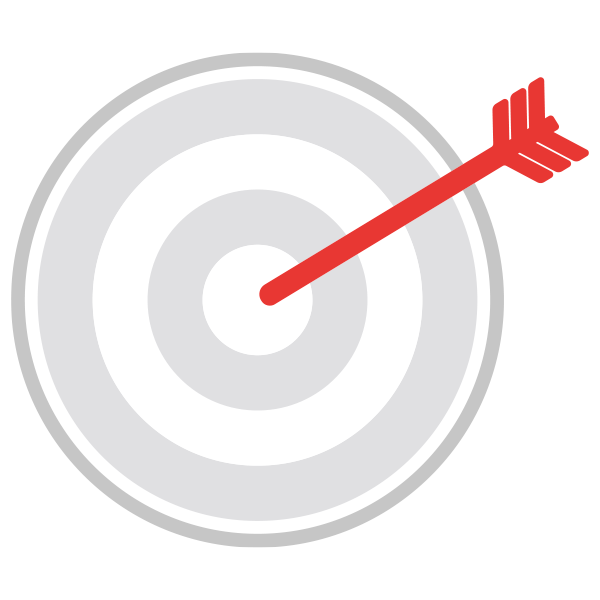
Accuracy
Regulated markets require companies to be held to exceedingly high-quality standards. Regulated markets use very specific terminology, and those translations must be exact or there could be consequences. For example, an incorrect translation in the medical device industry can lead to equipment failure, damage or human harm.
Changing Regulations
For example, the EU Clinical Trials Regulation (EU CTR) went live on January 31, 2022, and the first-year transition period ended on January 30, 2023. EU CTR significantly affects multiple components of clinical trial-related activities. Organizations need to adapt current and future businesses to accommodate changing regulations.
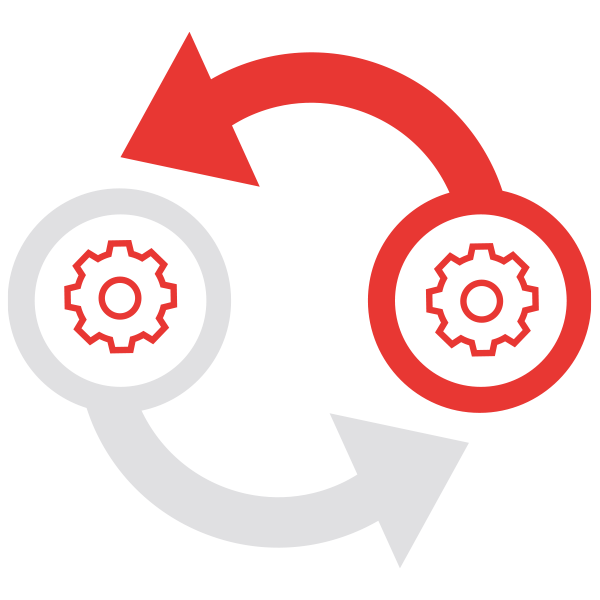
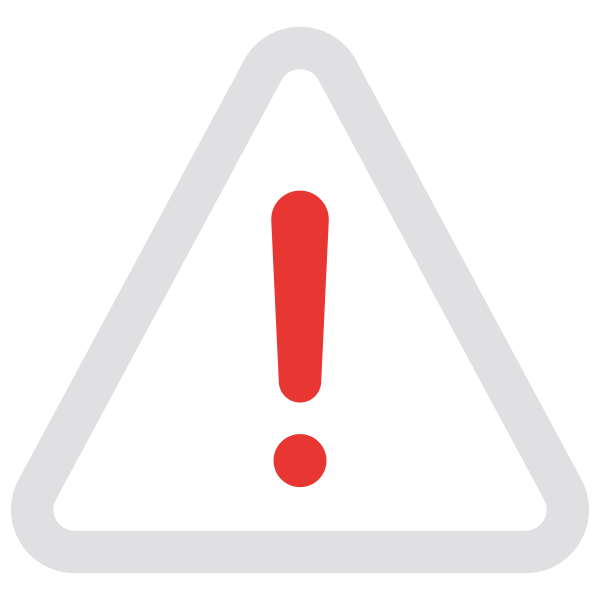
Risk of Non-Compliance
If organizations fail to comply with applicable regulations, it can lead to fines, product recalls, legal actions, and reputational damage. Businesses must establish robust compliance and quality management systems to minimize non-compliance risk.
Privacy and Confidentiality
In addition to accuracy, privacy and confidentiality are also of utmost importance when dealing with regulated translations. Ensuring confidentiality and protecting sensitive information is required to maintain compliance, protect individuals’ rights, establish and maintain trust, and uphold ethical standards.
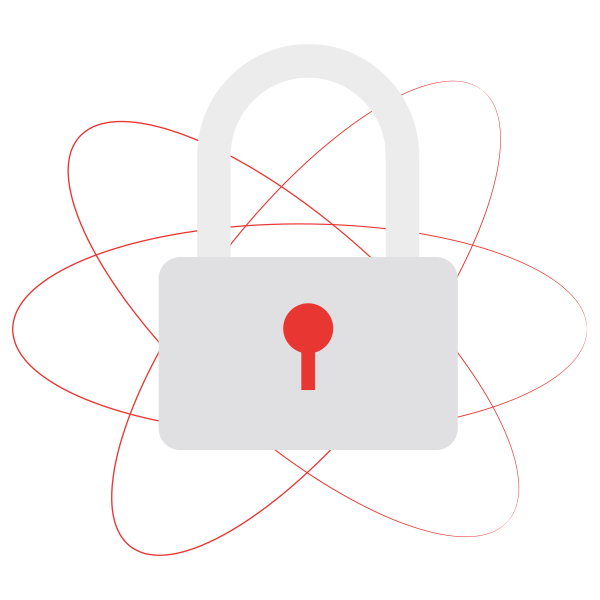

Meeting Deadlines
Regulated industries usually have strict deadlines to meet the requirements for product launches, legal proceedings, contracts, financial reports, etc. In addition to high-quality content that meets requirements, adherence to deadlines is another challenge.
6 Best Practices for Translation in Regulated Industries
While regulated markets have many challenges to face, several best practices can address the challenges associated with translated content.
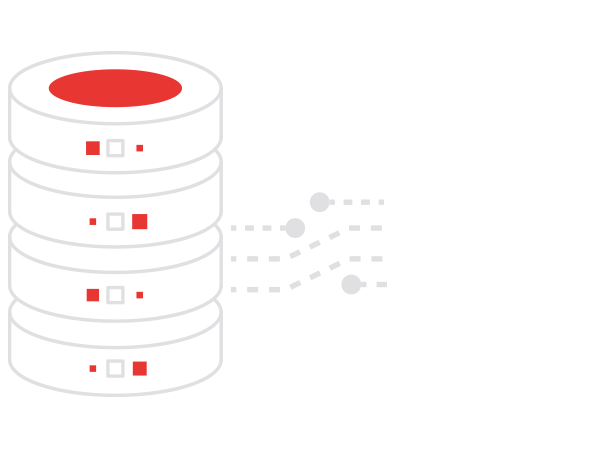
1. Leverage a Translation Memory
One way to ensure translation accuracy is to leverage a translation memory (TM), which is a database of stored words from the source and target language content. During a project, the TM pre-populates the content with what’s already been translated, so the translators can focus on all the new words. With each new project, the TM continues to keep track of all the content.
The TM helps with consistency, as any sentence that was translated and approved in the past doesn’t have to be translated again, even if there’s a new translator. As you add more content, the library of translated content continues to grow, which should ultimately decrease time-to-market and translation costs.
The TM helps with consistency, as any sentence that was translated and approved in the past doesn’t have to be translated again, even if there’s a new translator. As you add more content, the library of translated content continues to grow, which should ultimately decrease time-to-market and translation costs.
2. Create and Maintain a Glossary of Terms
As we discussed earlier, regulated industries use specific terminology. A best practice to reap the most benefits from the terminology in other languages is to create, use, and maintain a glossary of terms, a database of key product, industry, and general terms frequently found throughout the content (e.g. glossary of insurance terms). With regulated markets, it’s even more critical to establish a set of terms for the translators to use, given that content is full of specific terminology. It’s best to extract the terms and create the glossary before a project begins. While you can do this work during a project, it’s more efficient to translate the terms up-front. The process begins by extracting the terms, and the translators translate them. In-country reviewers (ICRs) then review and approve the terminology, which gets added to the translation memory. When a translator works on a project, the approved terms will appear, and the translator can accept them. Besides improving translation consistency, using a glossary can save time and money. The translation memory houses the glossary, so all the terms are pre-populated. In this way, the TM and the glossary work hand-in-hand, and the content is always updated.
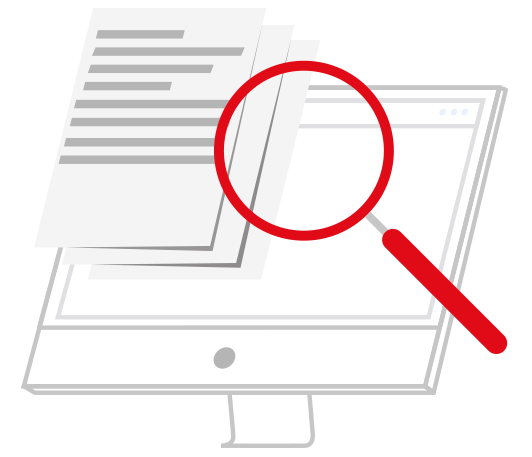
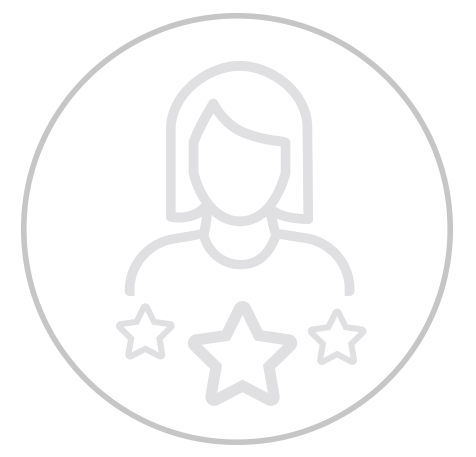
3. Use Knowledgeable Linguists
Language service providers specializing in regulated content should have a global team of professional translators who are native speakers of a country’s language. The translators should have a background in the area with years of experience translating that specific type of content. And if there’s a particular focus within an industry, translators should have that specialty. In addition to expert translators, a language service provider (LSP) should provide an experienced team, including a translation project manager, localization engineers, industry experts, and professional testers.
4. Incorporate In-Country Translation Reviewers into the Process
To further ensure high-quality translations, incorporate in-country reviewers (ICRs) into the process to review the translated content. ICRs typically consist of individuals who are either employees or product/service distributors. They are native-speakers and reside in the target country.
Since these people know the products or services, they’re invaluable in delivering high-quality, localized content. The translation memory automatically incorporates the ICRs’ feedback for future use.
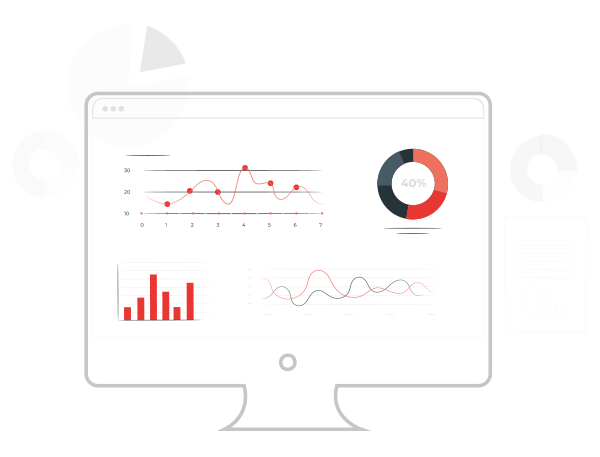
5. Train Translators and Team Members
Training the translators and key project team members will help ensure that everyone understands your business, products or services, terminology, and industry. It will also make it easier for the translators if there’s content that may be out of context, which can be a challenge with translation. Training can take many forms, including in-person, presentations, demos, videos, and more. Training will help the translators better understand the content and produce a higher-quality translation. Your LSP is your partner, and the more information you can provide them, the better the translation quality.
6. Ensure Confidentiality and Privacy
Confidentiality and privacy are often essential requirements for regulated industries to work with an LSP. Incorporate best practices such as non-disclosure agreements, confidentiality training, and HIPAA compliance with the LSP team. In addition, check with the LSP regarding their data privacy procedures, such as secure file transfers, data storage, data encryption, and secure disposal.
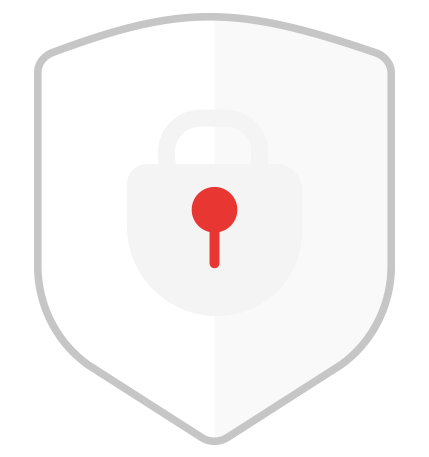
Conclusion
We can help organizations in highly regulated industries with these best practices. To learn more about how we can help you, call us at (+34) 915 002 222 or email us at sales@mondragonlingua.com.